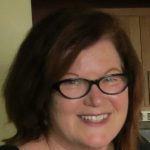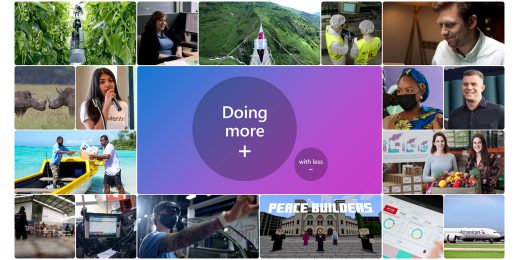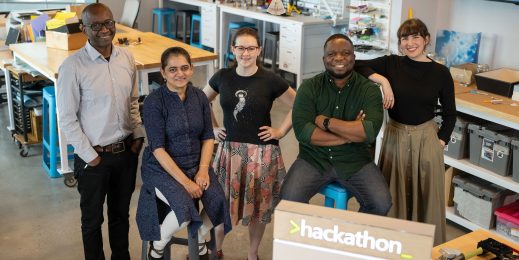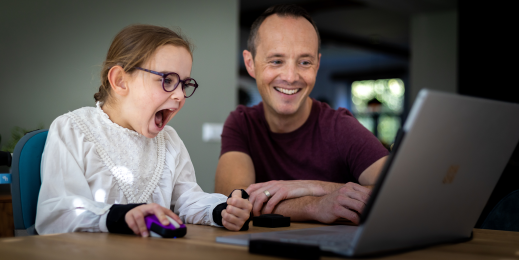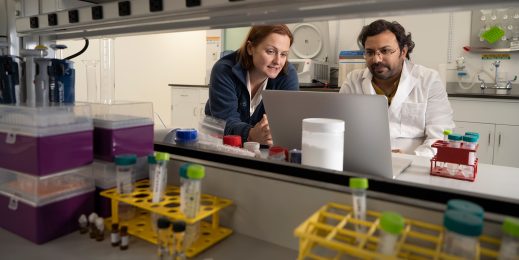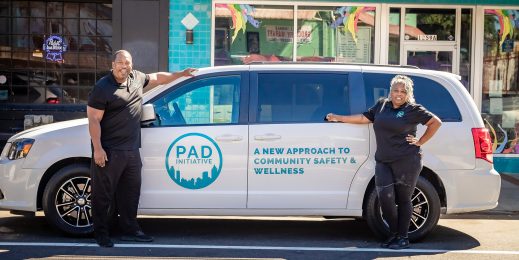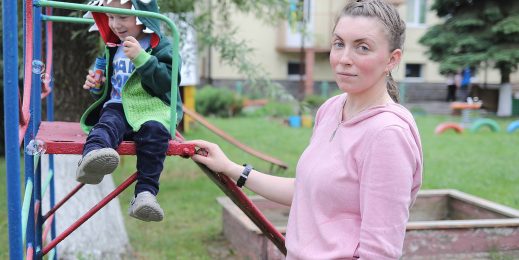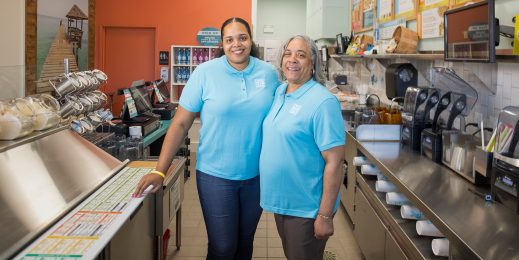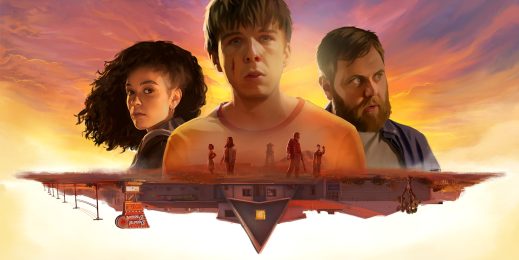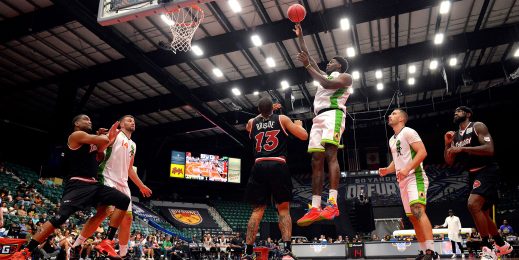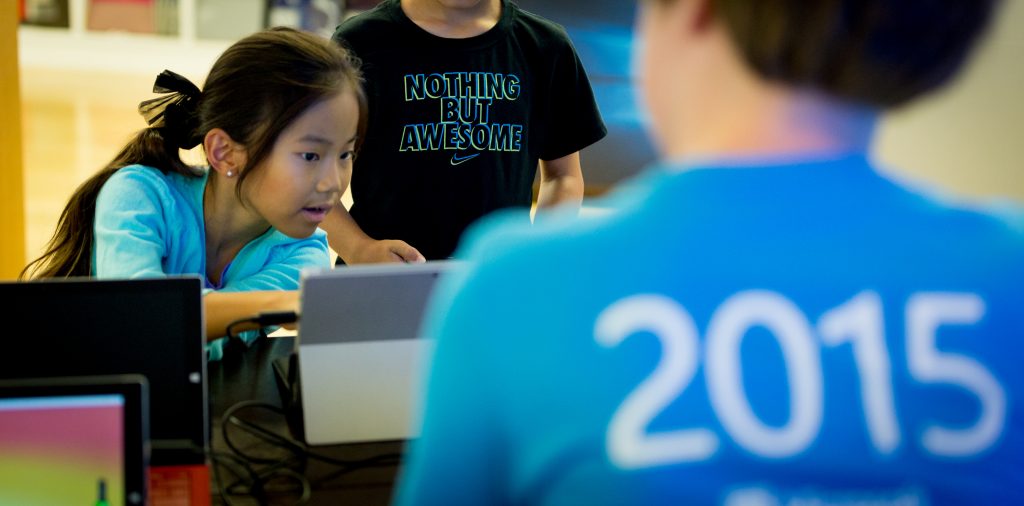
A place where learning is in store: YouthSpark Summer Camps at the Microsoft Store
If you’re lucky, someday in the future you’ll work with Andrew Stephens, perhaps as a developer, or as a web designer. He’s awfully bright, loves what he does and he’s always eager to help others.
You might have to wait a little while, though. Andrew is 11. He spent part of his summer attending the YouthSpark Summer Camps at Microsoft at Bellevue Square Mall in Washington. The camps teach children how to code, create games, use their creativity and imagination, and learn to think critically.
It’s one of 76 stores around the U.S. and Canada where the camps were offered, including New York City, Boston, Chicago, Seattle, Los Angeles, Miami and the Bay Area. Hundreds of children, ages 8 to 16, attended the free camps this summer.
New camps will be offered this fall for students, in addition to year-round educational opportunities for parents, teachers, small-business owners and anyone else in the community. Topics range from learning how to code, to how to edit and organize digital photos, to how to create a blog.
“I like that sometimes coding can be simple, but it can also do so much more,” says Andrew, an incoming sixth grader. There are other plusses, too, about the camps, he says. “I’ve met some new friends, and gone to the camp with friends from school. One of my friends, Morgan, he went with me this year and I think he enjoyed it.”
The camps are for all children with a wide range of interests outside computer programming and coding, no matter if they’re starting from scratch, or are somewhat knowledgeable.
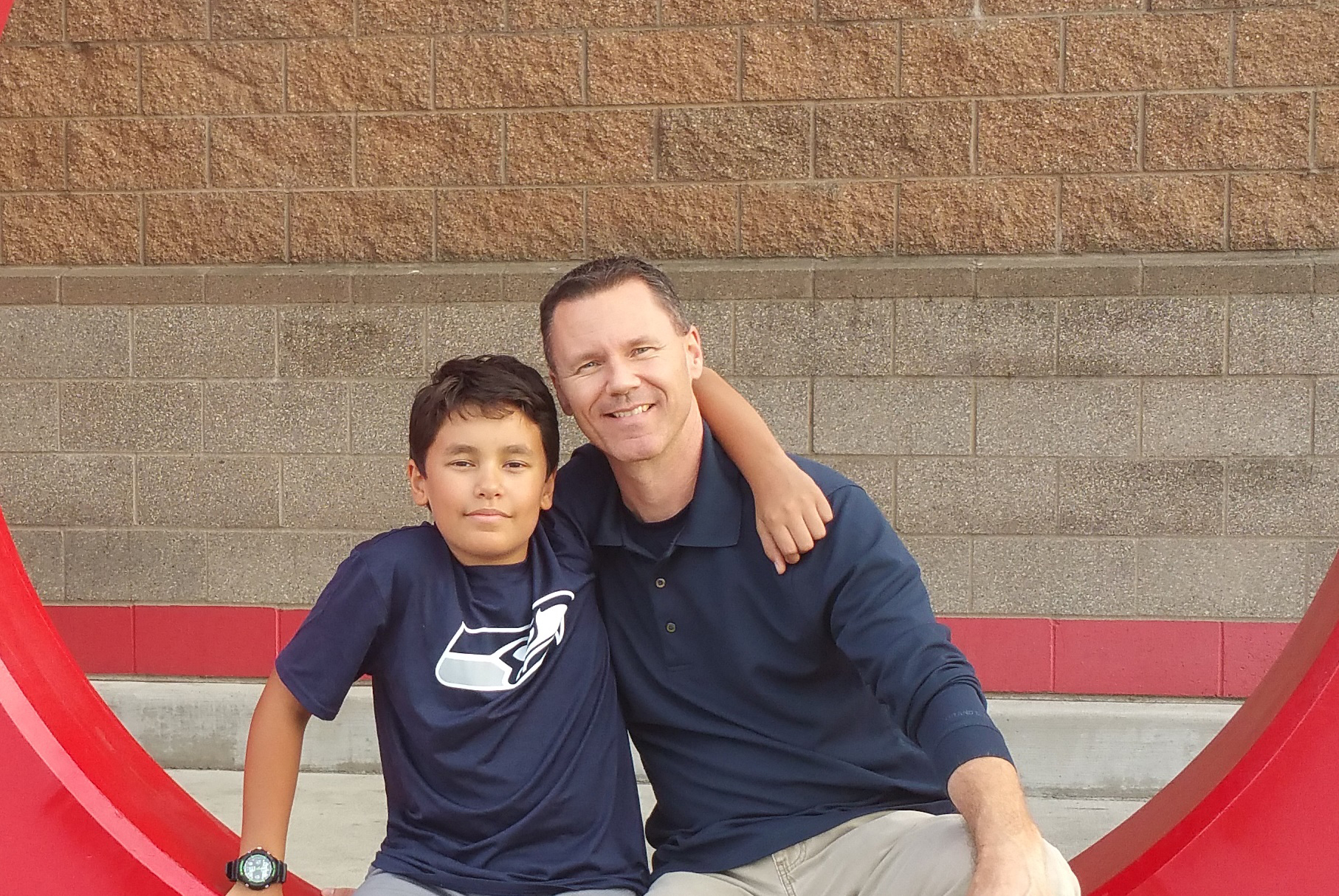
The stores are committed to providing students at every level with the digital literacy skills they need to excel in the areas of science, technology, engineering and math (often called “STEM” for short), where there is a critical shortage of access to education and a huge demand for professionals.
“Microsoft YouthSpark camps are a part of our global YouthSpark initiative which works to create opportunities for all young people to learn digital skills and computer science, empowering them to achieve more for themselves, their families and their communities,” says Yvonne Thomas, who leads the Microsoft’s YouthSpark initiative.
“The camps are a great way for young people to learn about new technology and build skills that will help them today and in their futures.”
Camp class sizes are generally between 8 and 20 students. There were four classes this summer: Smart Game Coding, beginner and intermediate; and Smart Game Design, beginner and intermediate. The beginning classes are generally for children ages 8 to 11, and the intermediate classes generally for those 12 and older.
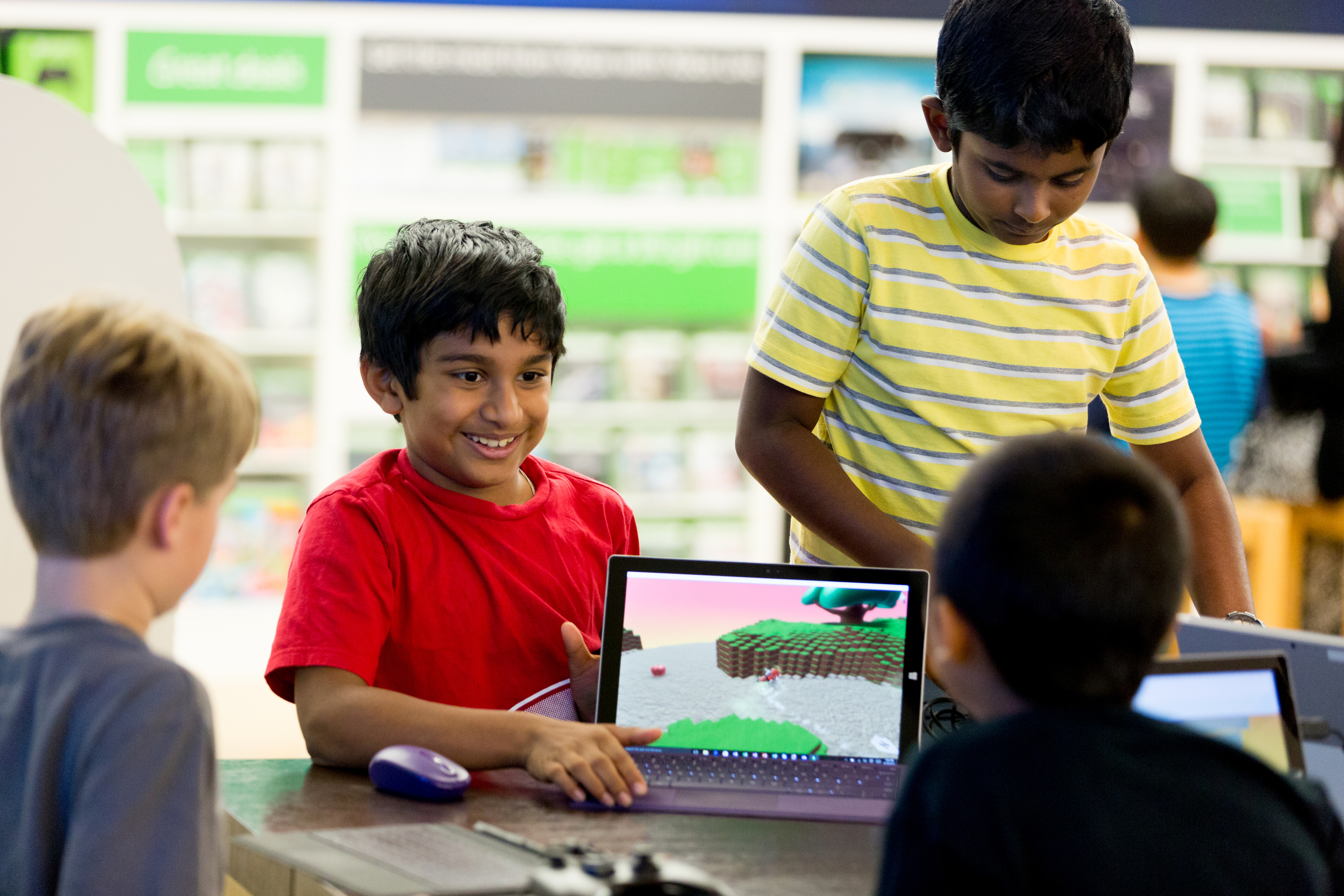
Each camp was four consecutive days, and the camps ran for two hours a day. Among the free Microsoft programs that are used: Kodu, Project Spark and TouchDevelop. (The programs are free to anyone, even if they’re not attending the camps.)
“This is an experience I believe children need to be made aware of, and need to participate in,” says Andrew’s father, Andy Stephens, about the YouthSpark camps.
“It’s not simply something that you give your kids to do for a week, hoping to keep them busy,” he says. “It’s very educational. It’s very challenging. And the instructors make it fun. And there’s nothing better than combining the educational piece with the entertainment piece.”
Across the country, in Boston, mom Elizabeth Wong couldn’t agree more. Her daughters, Stephanie, 11, and Isabella, 9, both took classes at Microsoft at the Shops at Prudential Square this summer, and came away enthused and ready to keep learning.
“It’s a beautiful service for everyone,” says Wong. “There are three things I liked about it: No. 1, Microsoft provides the equipment, and it’s up-to-date, so the girls can use current technology. No. 2, the coding they teach is something from today, not yesterday, and it’s more current than what they’re taught in school. And No. 3, when they learn a new language, the instructor makes them feel very comfortable about learning new things.”
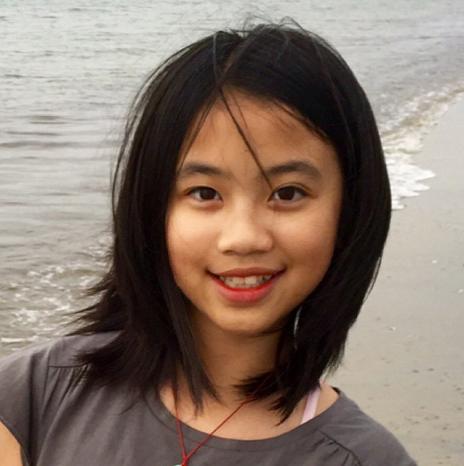
If Wong sounds like she’s a bit more knowledgeable about the topic, it’s because she’s a software engineer for a major bank.
Stephanie and Isabella started using computers “as soon as they could sit upright,” Wong says. And while she does show them how to do things on the computer, she hasn’t gone “as deep” as the camps have in coding instruction, she says.
At school, Stephanie and Isabella are familiar with using computers to do presentations, such as book reports, Wong says, and they know the right keystrokes and commands to make that happen. But creating their own keystrokes and commands, their own programs, was the step beyond that Wong was hoping her daughters would learn in the summer camps. And they have.
Coding “can be really easy, to really challenging and perplexing,” says Stephanie. The class instructors, she says, make everyone feel comfortable no matter what level they are at.
“I love coding because it can take one small code just to make an animal in a game move, or to make it jump, or dance,” she says. “It’s really fun to see how your code works after you’re done with it. I really like that you can do whatever you want with code. I mean, if you know how to do it, once you get the hang of it, it can be really fun.”
Younger sister Isabella says in the camp, she learned how to make games, like ‘Flappy Birds,’ but we did it in our own way. You can code it to do whatever you want, and you can do backgrounds that you love and stuff.”
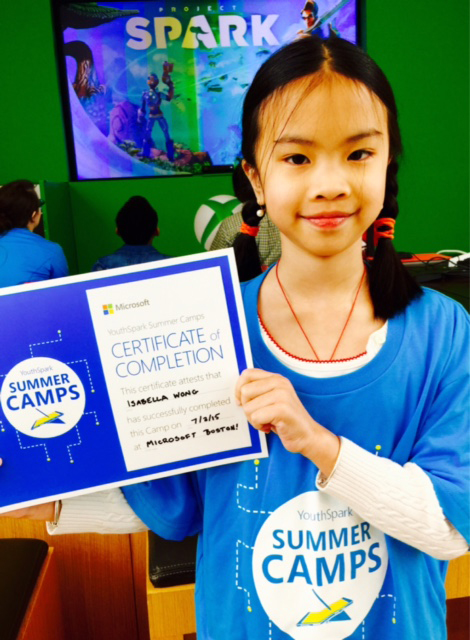
What kind of backgrounds does she like? “I like themes, something that goes a lot with my characters – like a bunny with a garden,” Isabella says.
“The two girls come in every day, excited to learn, and they know all of our teachers by name,” says Eliza Mulcahy, a community development specialist at the Microsoft store in Boston.
While all students leave the camps armed with greater confidence, that’s especially true for girls, says Jessica Wicklund, a community development specialist at Microsoft at Bellevue Square Mall.
“Some of the young girls that come in may not be as familiar with our product, or maybe they’ve never coded before, so initially out of the gate, they’re a little bit more reserved and not quite as confident,” Wicklund explains. “Then by the time the camp has wrapped up, you can see that they’re more confident in their abilities. It’s neat to watch that transformation.”
The camps use free software and websites for instruction, “so that at the end of the day, when the kids are still very excited about doing all this cool stuff, they can go home and download it onto their own computers,” says Mulcahy.
All the students “come into the camps with a love for learning, which is great, but what we want to instill in them is a love for learning this language of coding,” she adds.
“We want them to go away from the camp curious about the different things they can do, we want them to go home and ask questions of their parents and teachers about what kind of future they could have by continuing to do this.
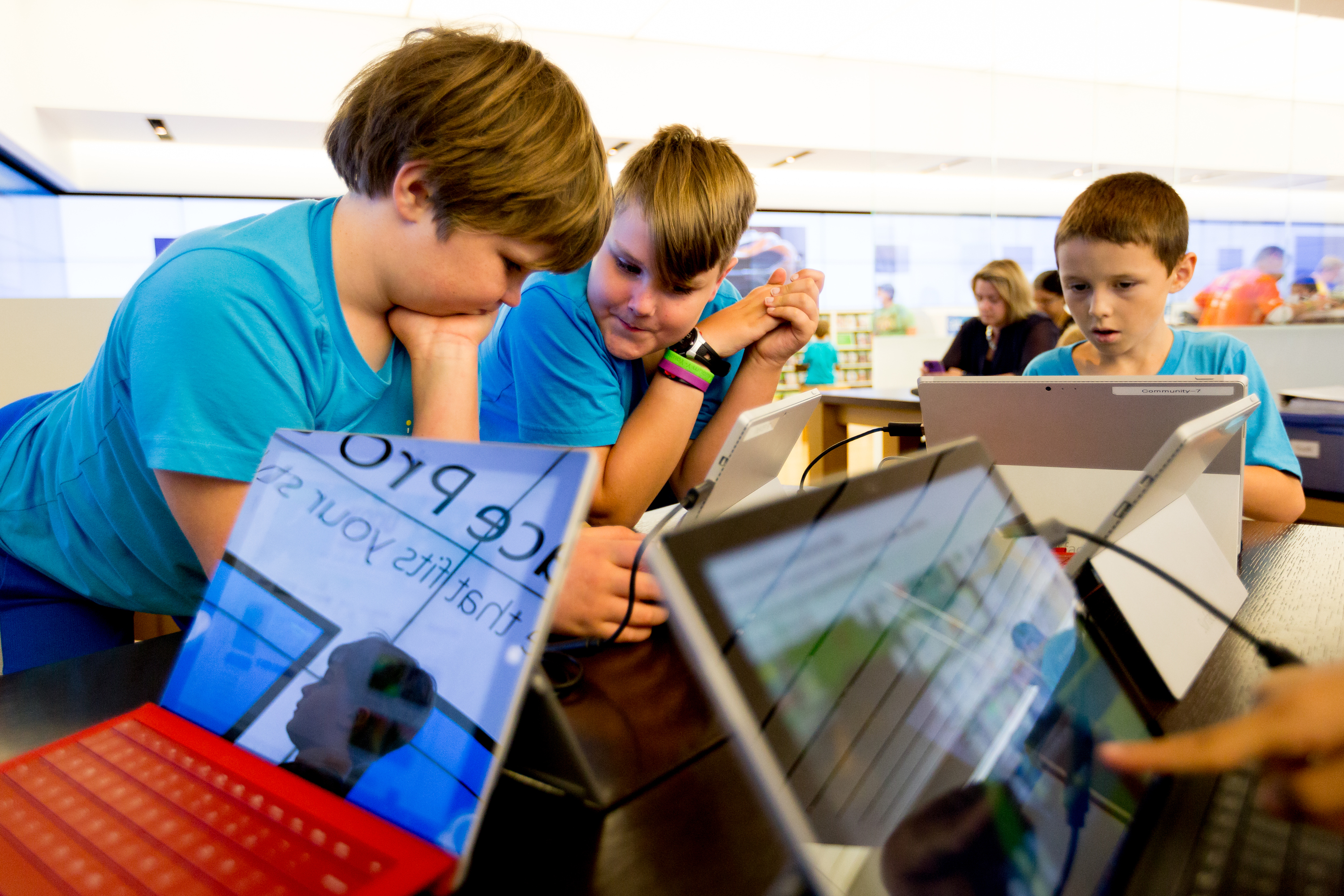
“And when they go home and play video games, we want them to think about, how is that world built? How might they be able to make a game like that on their own? So, to think more critically about video games is important.”
Andrew seems to have taken that message to heart. Even before attending the summer camps, he was “voracious” about learning, “doing his research, and staying up as long as it takes to find out how to do something on his own,” says dad Andy Stephens.
“Minecraft,” for example, has become much more than a game for Andrew. “He does Skype conference calls and coaches his friends on how to download certain mod packs, and create skins for the characters by hand,” Stephens says. “He’s an absolute coach and support to all of his friends in ‘Minecraft’ and all things computer-related that they enjoy doing. He just studies it until he masters it.”
Asked if computer science is a career field he’d like to pursue when he’s older, “Totally!” is Andrew’s response, without hesitation. “First, maybe as a web designer, and then evolving from a web designer to a game modification author,” he says.
Andrew is well on his way.
Lead image: At age 8, Allyse Nguyen is among the youngest students in the Smart Game Design class in Bellevue, Washington. Photo credit: Scott Eklund, Red Box Pictures.





